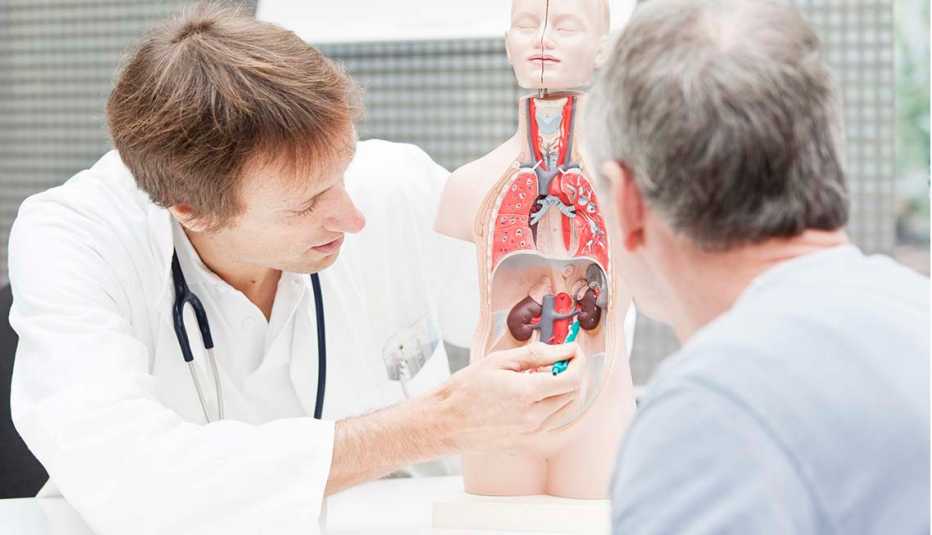Staying Fit
Being in the hospital for surgery is unsettling for anyone. But if you’re an older adult, the experience can be particularly daunting. Your operation is often complicated and cognitive issues, such as dementia, can make communication difficult. As we age we tend to have multiple health concerns and take a host of medicines, which can also add to the complexity of a surgical procedure.
To try and improve surgical care for older adults, the American College of Surgeons (ACS) is launching the Geriatric Surgery Verification (GSV) Program, which outlines 30 different standards of surgical care for older adults. The program is based on successful quality improvement efforts in other areas, including cancer, bariatric surgery, trauma and pediatrics.


AARP Membership— $12 for your first year when you sign up for Automatic Renewal
Get instant access to members-only products and hundreds of discounts, a free second membership, and a subscription to AARP the Magazine.
The need to find ways to improve the experience for older adults is increasing. More than 40 percent of all inpatient operations and 33 percent of outpatient procedures are performed on older adults each year in the United States. And that number is expected to mushroom as the boomer population ages.
Older patients are often at greater risk of functional decline. For example, for every day that an older person remains in bed, it takes three days for them to regain their strength. And their hospital stays can be disorienting.
“Patients are usually wheeled to four or five different places in the hospital within the first 24 hours alone,” says JoAnn Coleman, clinical program coordinator at the Sinai Hospital’s Sinai Center for Geriatric Surgery in Baltimore, Maryland. “And we won’t even get into being tethered to IVs and those late-night visits to have our vitals checked.”


































































